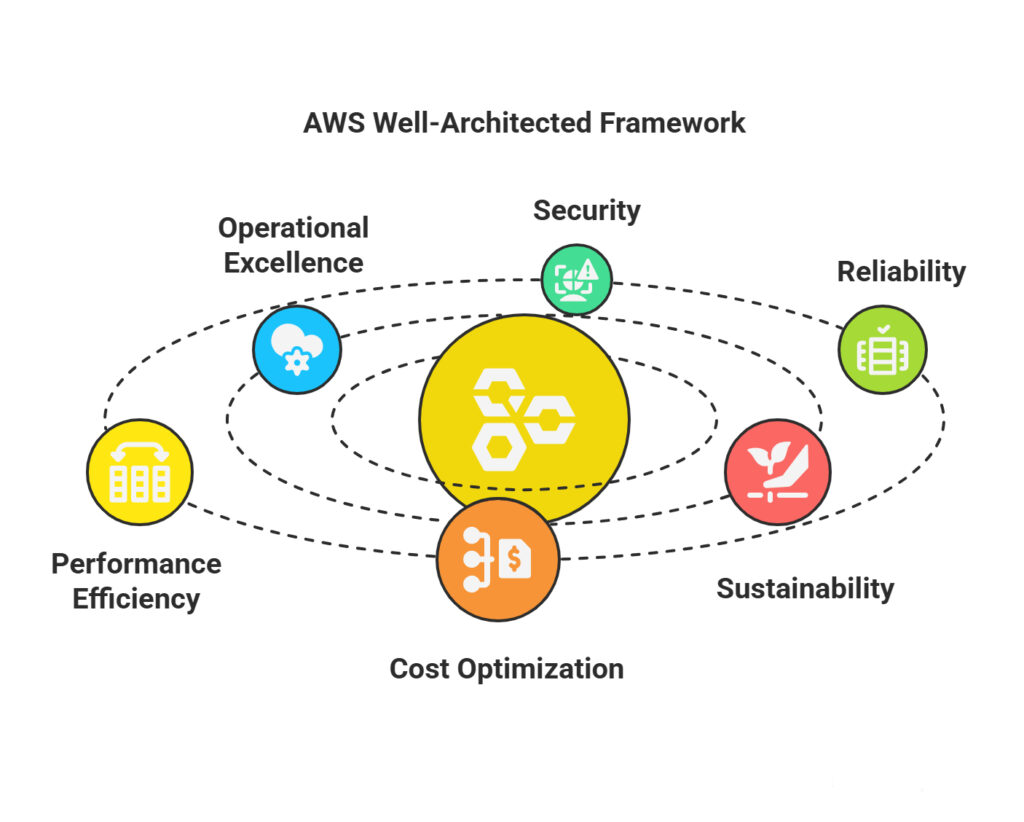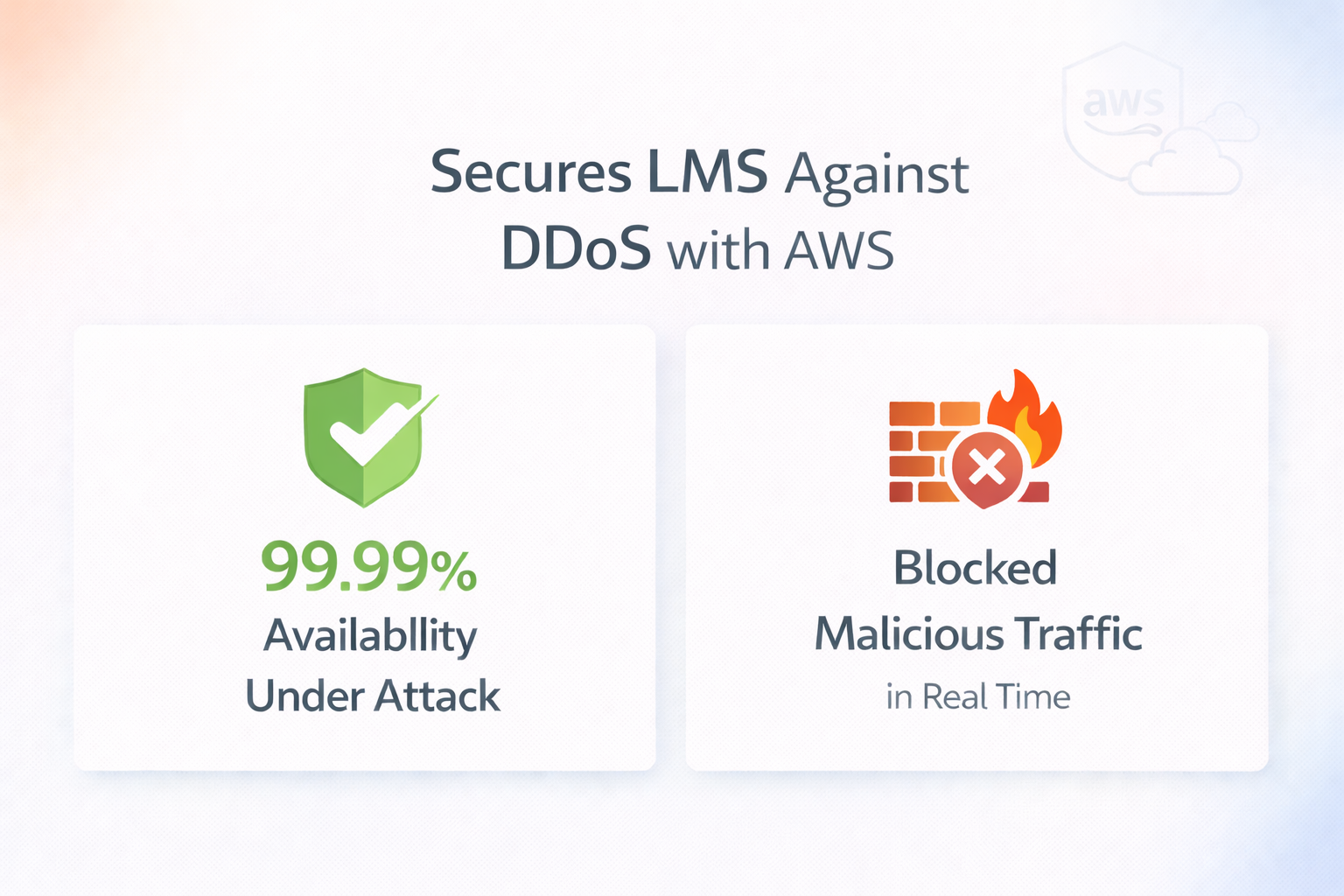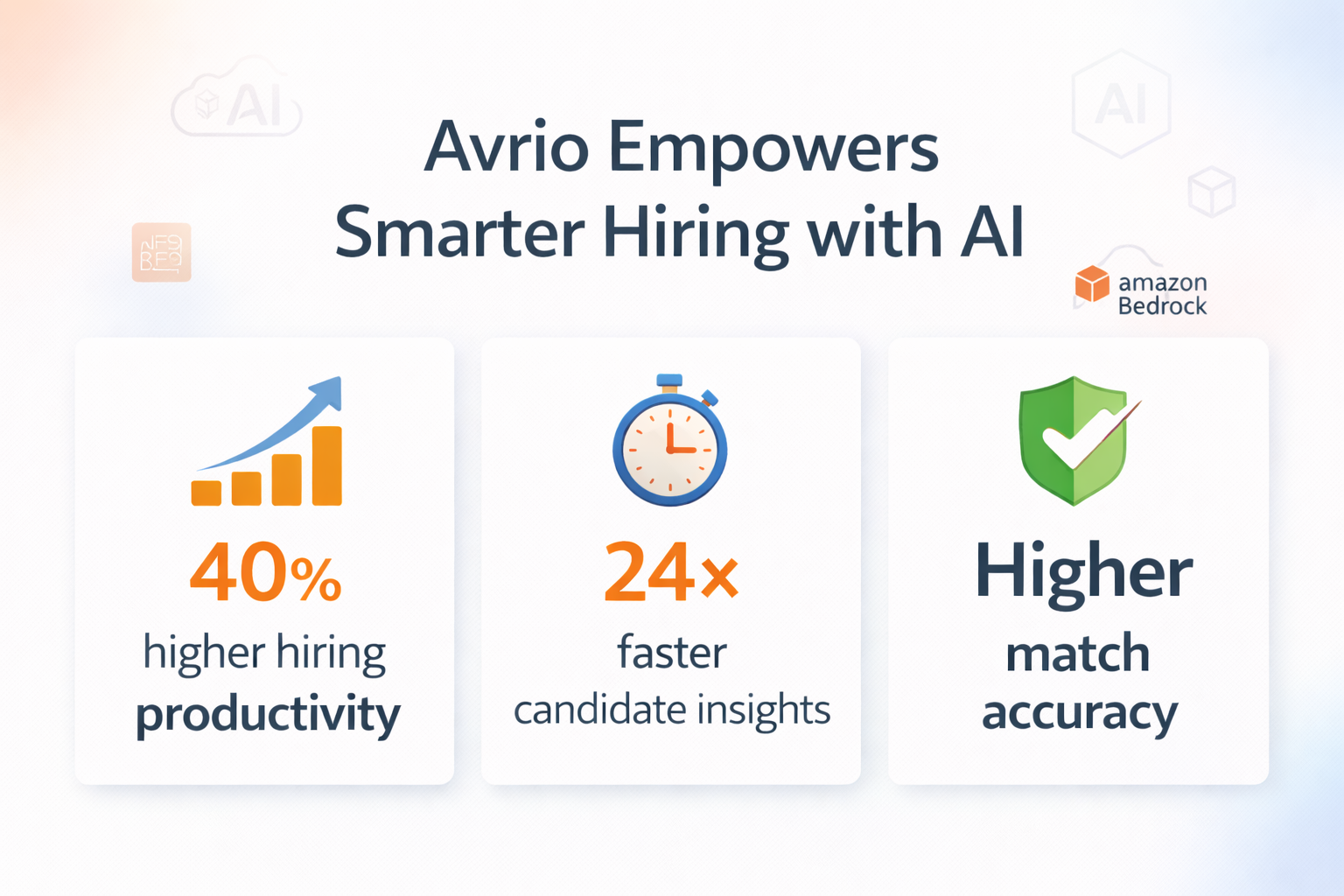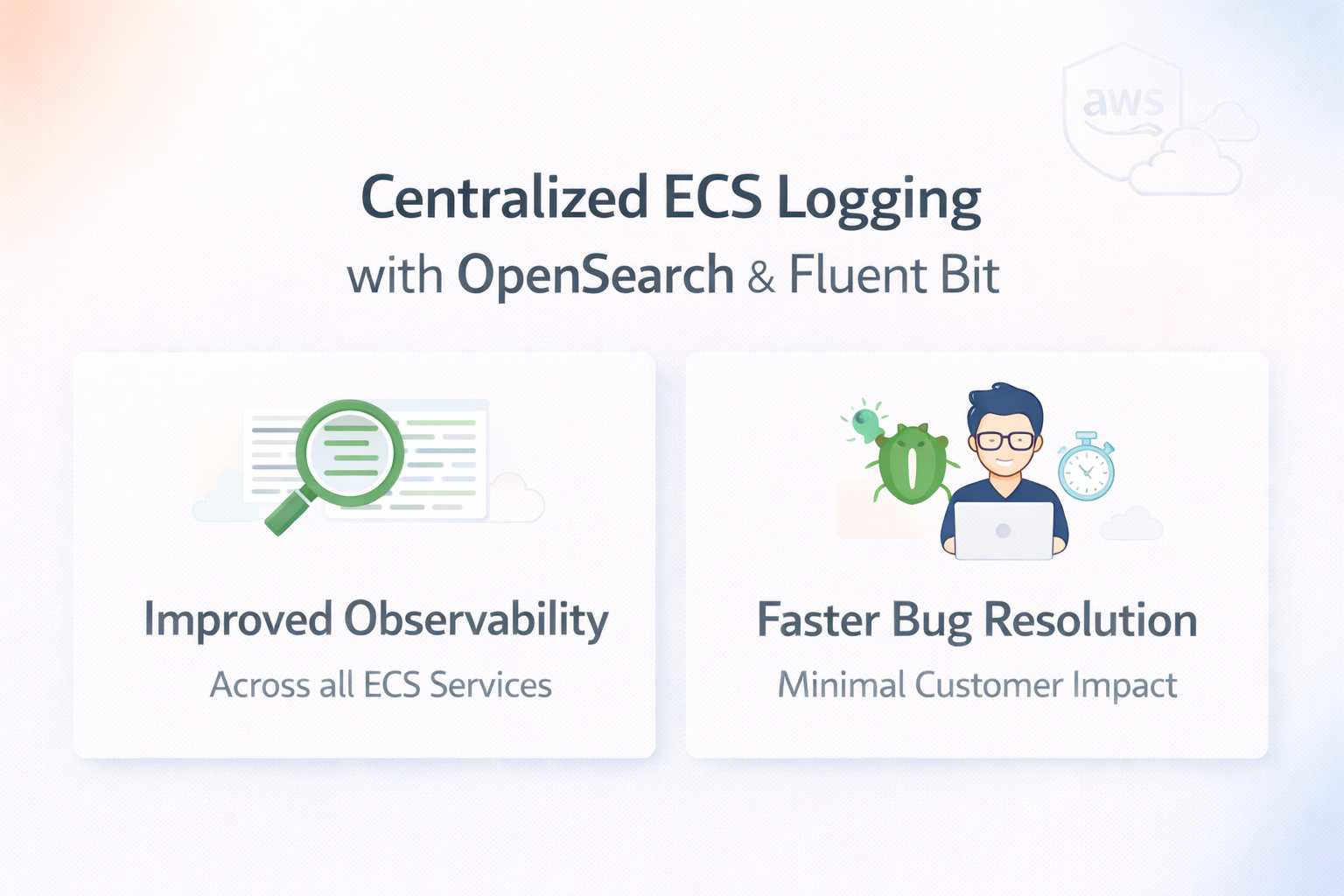Things fail all the time
Werner Vogels, AWS VP & CTO
While studying the fundamentals of cloud computing, my AWS instructor shared this insightful quote and emphasized the importance of being proactive and preparing for potential failures, as this awareness can ultimately help to avoid actual failure. This question gets to the head of proactive business development rather than just reactive problem-solving. As a CTO, even without an immediate crisis or a looming migration, there are several strategic signals that should make you consider a cloud consultation. It’s about optimizing, future-proofing, and gaining a competitive edge. Here are the key indicators and strategic drivers that should prompt a CTO to think about engaging DevOps consulting services, even when things seem stable:
- Persistent, Unexplained Cloud Costs:
- The Signal: Your monthly cloud bill is high, fluctuates unpredictably, or simply feels like it could be optimized, but you don’t have clear visibility into where the spend is going or how to reduce it without impacting performance.
- Why Consult: Cloud financial management (FinOps) is a specialized skill. Consultants can perform a deep cost optimization audit, identify idle resources, recommend rightsizing, suggest reserved instances/savings plans, and implement cost-aware architectures. This isn’t just about cutting costs; it’s about getting more value for every dollar spent on cloud resources.
- Performance Bottlenecks or Latency Issues (Even Minor Ones):
- The Signal: Applications occasionally lag, scale slowly under load, or users report intermittent performance issues that your internal team struggles to pinpoint or resolve effectively. Your team might be reacting to performance issues rather than proactively preventing them.
- Why Consult: Consultants can perform performance reviews, identify architectural inefficiencies, optimize database configurations, recommend caching strategies, and fine-tune your networking and compute resources for maximum throughput and responsiveness, often leveraging advanced cloud-native services you might not be fully utilizing.
- Growing Security Concerns or Compliance Overheads:
- The Signal: You’re confident in your basic cloud security, but the threat landscape is constantly evolving, and regulatory compliance (GDPR, HIPAA, SOC 2, ISO 27001, etc.) is becoming more complex. You might lack specialized cloud security architects or a dedicated DevSecOps team.
- Why Consult: Cloud security consultants can conduct thorough security audits, implement advanced security tooling (WAFs, IDS/IPS, secrets management), design robust identity and access management (IAM) policies, establish continuous security monitoring, and ensure your cloud environment is compliant with relevant industry standards and regulations. This proactive stance is crucial to prevent breaches and maintain trust.
- Slow Development Cycles or Manual Operational Overheads (Low DevOps Maturity):
- The Signal: Deployments are manual or take too long. Your development and operations teams have friction. You’re not fully leveraging CI/CD pipelines, Infrastructure as Code (IaC), or automated testing. There’s significant toil.
- Why Consult: This is where DevOps expertise shines. Consultants can assess your current development and deployment workflows, design and implement robust CI/CD pipelines, automate infrastructure provisioning (Terraform, CloudFormation), introduce containerization (Docker, Kubernetes), and foster a true DevOps culture, leading to faster, more reliable, and more frequent software releases.
- A Desire to Innovate with Cloud-Native Technologies:
- The Signal: You hear about serverless computing, AI/ML services, advanced data analytics platforms, or IoT solutions on the cloud, and you want to explore how these could give your company a competitive edge, but your internal team lacks the deep expertise to properly evaluate, design, and implement them.
- Why Consult: Consultants can act as strategic advisors, helping you evaluate new cloud services, run proof-of-concepts, design innovative solutions, and integrate these advanced capabilities into your existing architecture, opening up new product lines or operational efficiencies.
- Talent Gaps and Skills Evolution:
- The Signal: Your existing team is competent, but they may not have specialized knowledge in every niche area of cloud infrastructure, specific DevOps tools, or advanced cloud services. Training them extensively for every new challenge can be time-consuming and expensive.
- Why Consult: Consultants bring immediate, specialized expertise that fills these gaps temporarily. More importantly, good consultants engage in knowledge transfer, mentoring your internal team, and establishing best practices that elevate your team’s overall capabilities in the long run.
- Strategic Planning for Future Growth or Market Changes:
- The Signal: Your company is planning significant expansion (geographic, user base), new product launches, or anticipating major shifts in market demand. You need to ensure your cloud infrastructure can scale efficiently and cost-effectively to meet these future demands.
- Why Consult: Consultants can help with capacity planning, multi-cloud strategy evaluation, disaster recovery planning, and designing highly available and resilient architectures that can support your long-term business goals, preventing future bottlenecks before they occur.
Proactive Alignment with Cloud Excellence
Even without a glaring performance issue or an exploding cloud bill, a strategic CTO continually asks: “Are we truly building on the strongest possible foundation?” This proactive mindset leads to scrutinizing current architectures against industry benchmarks. Resources like the AWS Well-Architected Framework serve as a critical guide, outlining core pillars such as operational excellence, security, reliability, performance efficiency, and cost optimization. By implementing your cloud environment against these very principles, you ensure it’s best architected to preempt vulnerabilities and avoid potential issues that, left unaddressed, could evolve into significant obstacles down the line. It’s about ensuring your cloud isn’t just functional, but optimally designed for enduring success.

Beyond architecture, the efficiency of your software delivery pipeline is a key indicator of your organization’s agility and future potential. Are your development teams deploying code as frequently and reliably as they could be? The annual State of DevOps Report, based on extensive research from Google Cloud’s DORA team, consistently provides invaluable insights into the practices that define high-performing teams. This report highlights a clear correlation between advanced DevOps capabilities and superior organizational outcomes, including faster delivery, lower change failure rates, and quicker recovery from incidents. A cloud DevOps consultant can leverage these benchmarks to identify your organization’s current maturity level and chart a data-driven course for improvement, transforming silent operational friction into a powerful competitive advantage.
In essence, a CTO should consider cloud consultation not just when there’s a problem, but when there’s an opportunity to optimize, innovate, secure, and strategically position the company for sustainable growth and efficiency in the evolving cloud landscape. It’s an investment in continuous improvement and competitive advantage.



